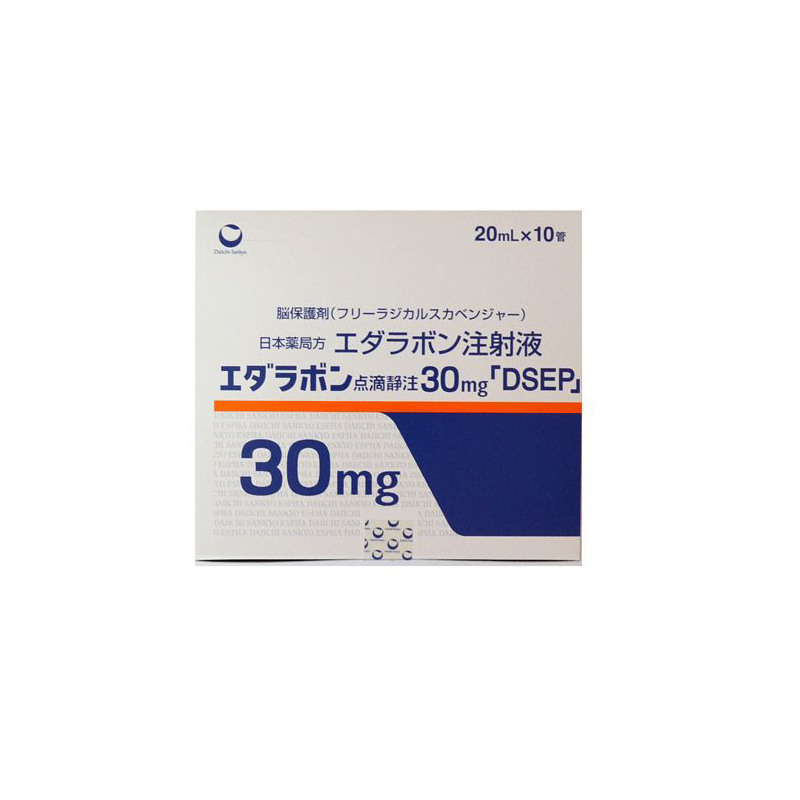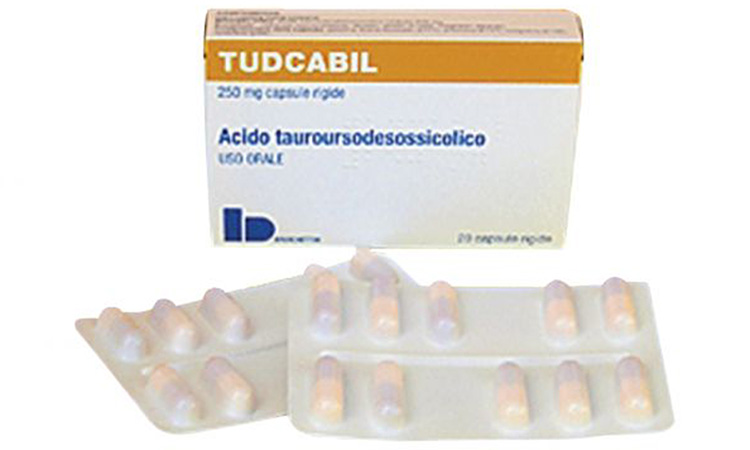Edaravone (Daiichi Sankyo) vs Tudcabil (tauroursodeoxycholic acid)
Edaravone (Daiichi Sankyo) vs Tudcabil (tauroursodeoxycholic acid)
When comparing Edaravone and Tauroursodeoxycholic acid (TUDCA), it's important to note that Edaravone is an FDA-approved medication for the treatment of amyotrophic lateral sclerosis (ALS), a neurodegenerative disorder. It works by reducing oxidative stress, potentially slowing the decline in physical function associated with ALS. On the other hand, TUDCA is a bile acid that has been investigated for its neuroprotective properties and is used for various off-label purposes, including potential neurodegenerative diseases, but it is not FDA-approved for ALS. Patients should consult with their healthcare provider to determine which medication is appropriate for their specific condition based on clinical evidence and individual health needs.
Difference between Edaravone and Tudcabil
| Metric | Edaravone (Daiichi Sankyo) | Tudcabil (tauroursodeoxycholic acid) |
|---|---|---|
| Generic name | Edaravone | Tauroursodeoxycholic acid |
| Indications | Amyotrophic lateral sclerosis (ALS) | Cholestatic liver diseases |
| Mechanism of action | Free radical scavenger | Protects cholangiocytes against cytotoxicity of bile acids |
| Brand names | Radicava, Radicut | Tudcabil |
| Administrative route | Intravenous | Intravenous |
| Side effects | Headache, gait disturbance, bruising | Diarrhea, nausea, vomiting |
| Contraindications | Hypersensitivity to edaravone or excipients | Hypersensitivity to tauroursodeoxycholic acid or excipients |
| Drug class | Free radical scavenging agent | Bile acid |
| Manufacturer | Daiichi Sankyo | Dr. Falk Pharma GmbH |
Efficacy
Edaravone for Amyotrophic Lateral Sclerosis (ALS)
Edaravone, developed by Daiichi Sankyo, is a medication that has shown efficacy in the treatment of Amyotrophic Lateral Sclerosis (ALS), a progressive neurodegenerative disease. The drug is believed to work by scavenging free radicals, which are potentially harmful compounds that can damage cells and are thought to play a role in the progression of ALS. Clinical trials have demonstrated that Edaravone can slow the decline in physical function in patients with ALS, particularly when administered in the early stages of the disease. The FDA approved Edaravone for the treatment of ALS in May 2017, based on a six-month clinical trial that showed a reduced rate of decline in the ALS Functional Rating Scale-Revised (ALSFRS-R) score among treated patients.
Efficacy of Edaravone in Clinical Studies
The pivotal study that led to Edaravone's approval included 137 participants who were randomized to receive either Edaravone or a placebo. The results indicated that the group receiving Edaravone experienced a significantly smaller decline in their ALSFRS-R score compared to the placebo group. It is important to note that the benefits of Edaravone have been primarily observed in patients with early-stage ALS who do not require significant assistance for activities of daily living. Patients with more advanced disease may not experience the same level of benefit from Edaravone treatment.
Tauroursodeoxycholic Acid (TUDCA) for ALS
Tauroursodeoxycholic Acid (TUDCA), under the brand name Tudcabil, is a naturally occurring bile acid that has been investigated for its potential therapeutic effects in ALS. While TUDCA is not specifically approved for the treatment of ALS, it has been studied for its neuroprotective properties and its ability to reduce apoptosis (programmed cell death) in neuronal cells, which may be beneficial in neurodegenerative diseases like ALS. Research, including preclinical studies and small clinical trials, has suggested that TUDCA could have a positive impact on disease progression and survival in ALS patients.
Current Research on TUDCA in ALS
Clinical research on TUDCA as a treatment for ALS is ongoing. Initial studies have shown some promise, with TUDCA being well-tolerated and potentially effective in slowing disease progression when used in combination with other ALS medications like Riluzole. However, larger and more comprehensive clinical trials are necessary to fully understand the efficacy and safety of TUDCA in the treatment of ALS. Until such data is available, TUDCA remains an investigational treatment, and its use in ALS should be considered within the context of clinical trials or as part of a comprehensive treatment plan under the guidance of a healthcare professional.
Regulatory Agency Approvals
Edaravone
-
Pharmaceuticals and Medical Devices Agency (PMDA), Japan

Tudcabil
-
Italian Medicines Agency (AIFA), Italy

Access Edaravone or Tudcabil today
If Edaravone or Tudcabil are not approved or available in your country (e.g. due to supply issues), you can access them via Everyone.org.
How it works

Make an enquiry
Choose the medicine you want to buy, answer a couple of questions, and upload your prescription to speed things up. We’ll get back to you within 24 hours.


Make an enquiry
Choose the medicine you want to buy, answer a couple of questions, and upload your prescription to speed things up. We’ll get back to you within 24 hours.


Breeze through the paperwork
We'll guide you through the required documents for importing unapproved medicine, ensuring you have all the necessary information.


Get a personalized quote
We’ll prepare a quote for you, including medicine costs and any shipping, administrative, or import fees that may apply.


Receive your medicine
Accept the quote and we’ll handle the rest - sourcing and safely delivering your medicine.

Some text on this page has been automatically generated. Speak to your physician before you start a new treatment or medication.
Let's talk
If you have any questions, call us or send us a message through WhatsApp or email:
Contact us




